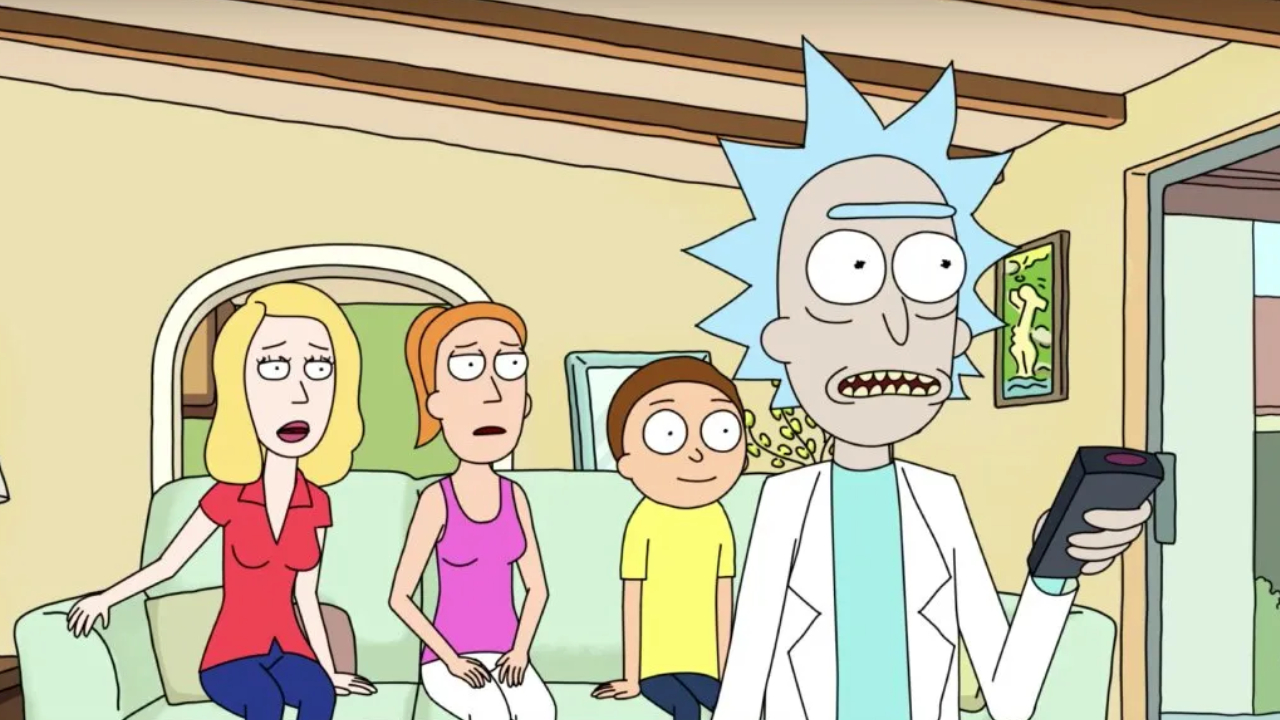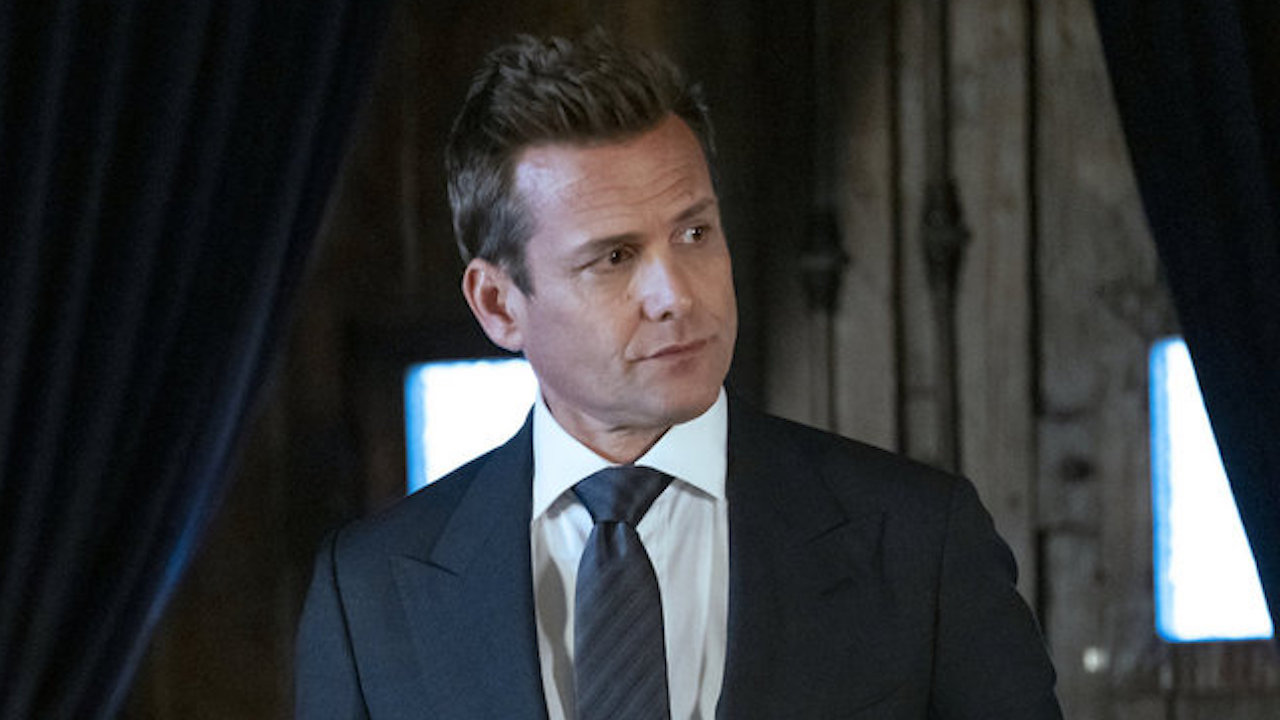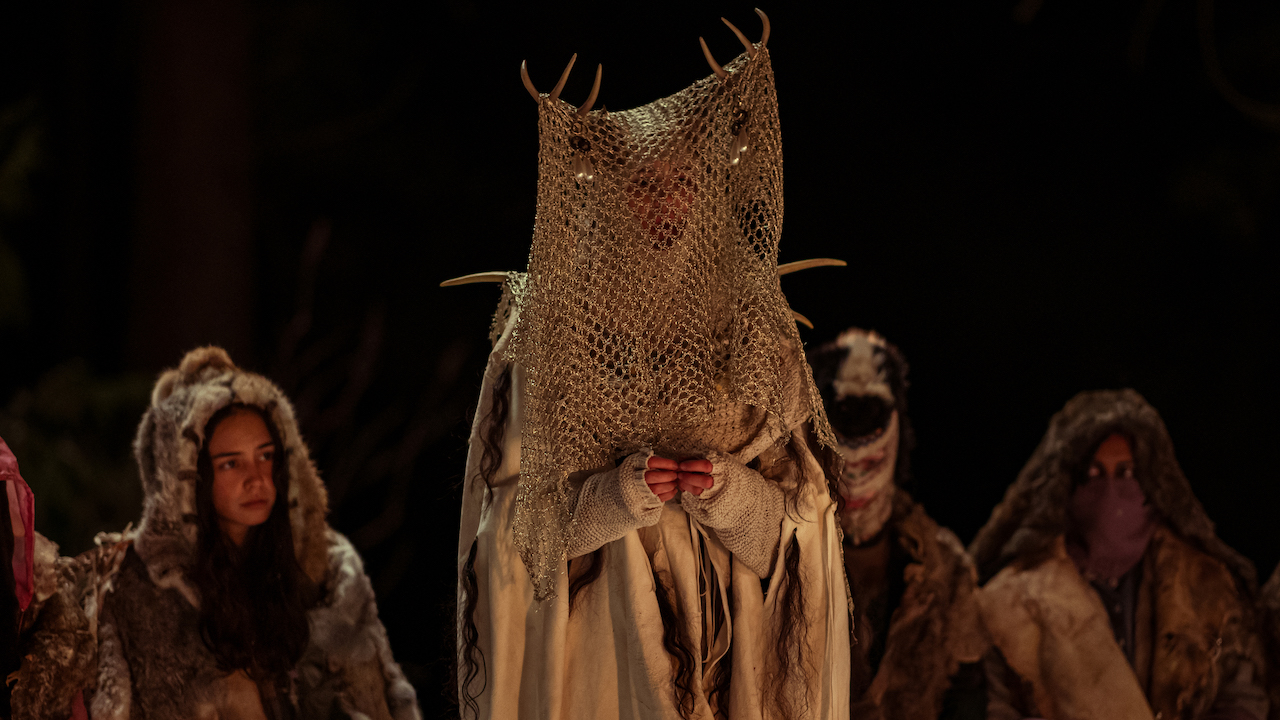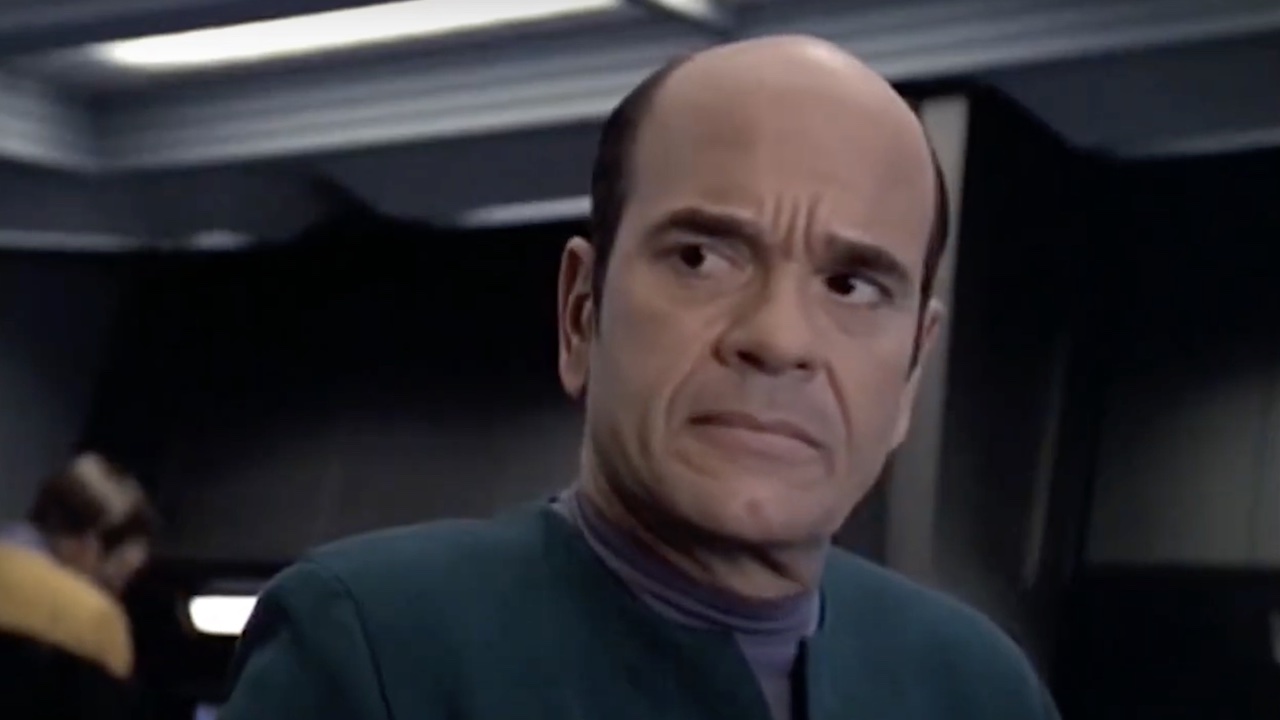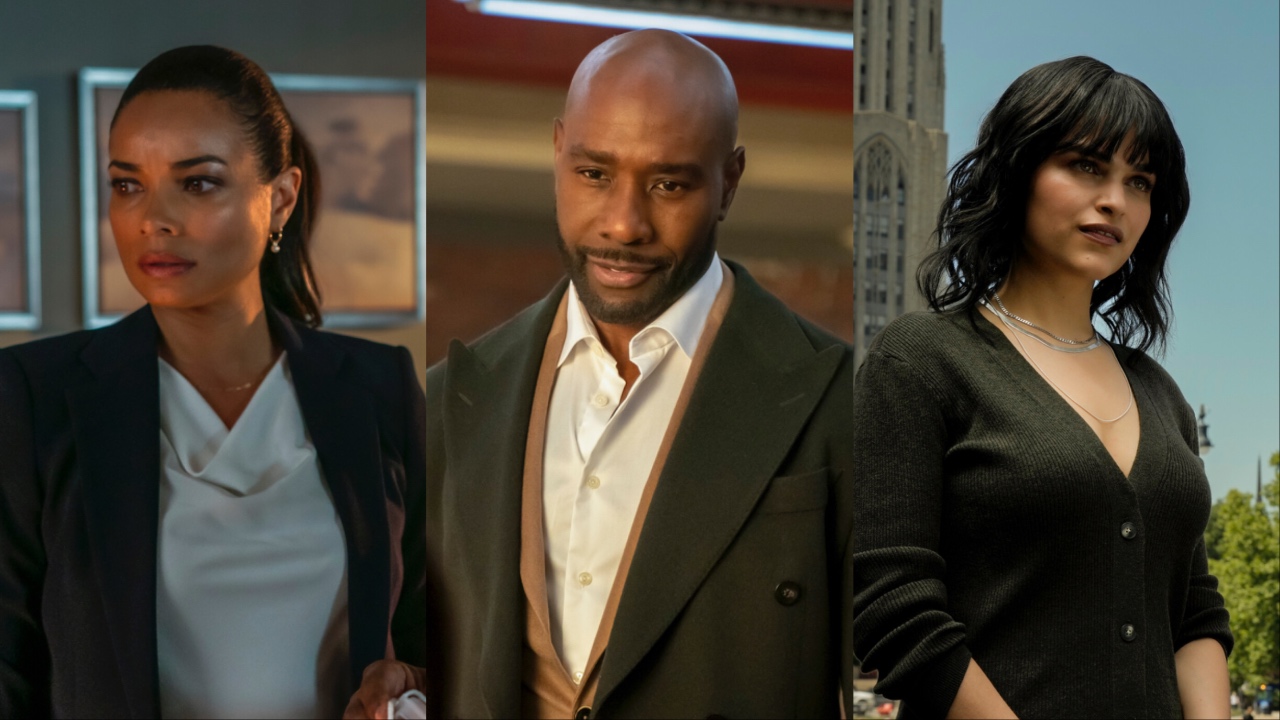10 Magical Harry Potter Facts We Learned From JK Rowling's New Pottermore Writings
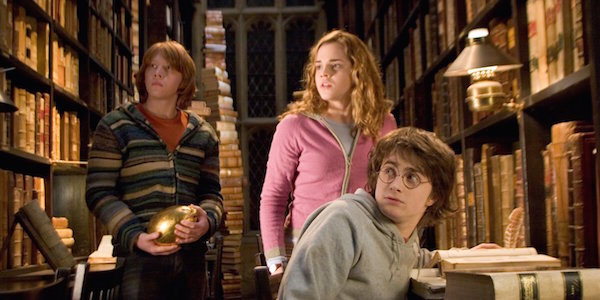
Halloween offered six excellent treats for Harry Potter fans in the form of new writings included in the newly added Order of the Phoenix segment to JK Rowling's official Harry Potter website, Pottermore.com. For Harry Potter enthusiasts looking for whatever morsels of information about this magical world, these six entries offer some great little updates.
Before we get to the spoilers, if you'd rather get the information straight from the source, head on over to Pottermore.com. (More information on how to find J.K. Rowling's new writings here). These are the items that jumped out at me as being particularly interesting. The following obviously contains spoilers from the new entries and major spoilers from the Harry Potter series....
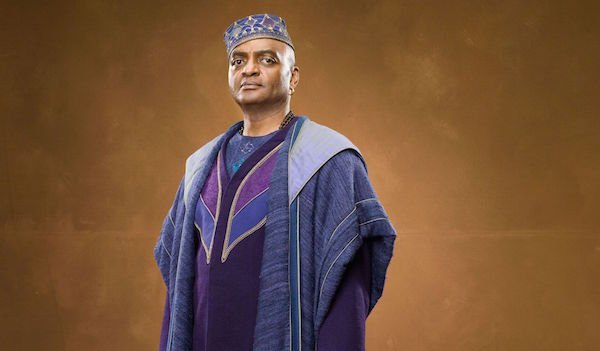
Kingsley Shacklebolt is still Minister for Magic
The dust was barely settled from Voldemort's defeat when Kingsley Shacklebolt was made temporary Minister for Magic, filling the seat vacated by the Imperius-cursed Pius Thicknesse. J.K. Rowling later revealed that Kingsley eventually became the permanent leader of the Ministry of Magic, and the new Pottermore writing "Minister for Magic" confirms that he still holds the seat, having been elected to office. From the new entry, we know that the Minister is obliged to hold an election for their job every seven years. It's been sixteen years since Kingsley took office, so it's fair to say the wizarding community is happy with his performance. And why wouldn't they be? Kingsley Shacklebolt is awesome.
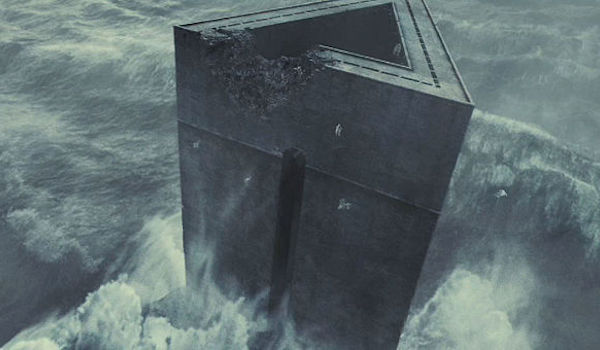
Azkaban has a horrifying origin story.
Go figure, right? In the "Azkaban" passage, we learn that the wizarding prison was once the hidden island of a pretty sadistic sounding sorcerer, who practiced the Dark Arts and took pleasure in luring sailers onto his island, where he then tortured and killed them. It wasn't until he died and the enchantments wore off that the Ministry of Magic became aware of the place, which was "infested" by the Dementors which would eventually go on to guard the prison that was built there.
Azkaban sounds a bit less horrifying now, as the Dementors have been removed as guards and the Aurors now rotate the responsibility of guarding the inmates. So far, they're just as effective at keeping dark witches and wizards behind bars and they do it without sucking souls.
CINEMABLEND NEWSLETTER
Your Daily Blend of Entertainment News
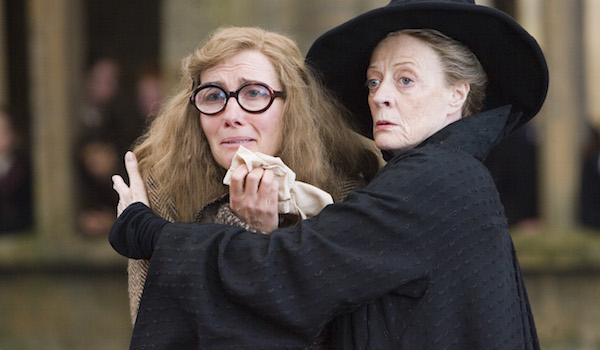
Sybill Trelawney has a drinking problem.
In Harry Potter and the Order of the Phoenix, we get the sense that the Divination professor has an appreciation for the drink. She didn't respond well to Dolores Umbridge's criticisms, and took to hiding cooking sherry in the Room of Requirement. The "Sybill Trelawney" passage at Pottermore reveals that "sherry" is one of Trelawney's hobbies, and Rowling notes that the barely-seeing seer has "developed an over-reliance on alcohol," likely due to her own awareness of her low status on the staff at Hogwarts. So it seems her drinking issue extends beyond Umbridge's effect on her. It's actually kind of sad, and it sounds like Rowling recognizes that, as she notes there's a pathos about Trelawney and her "underlying feeling of inadequacy."
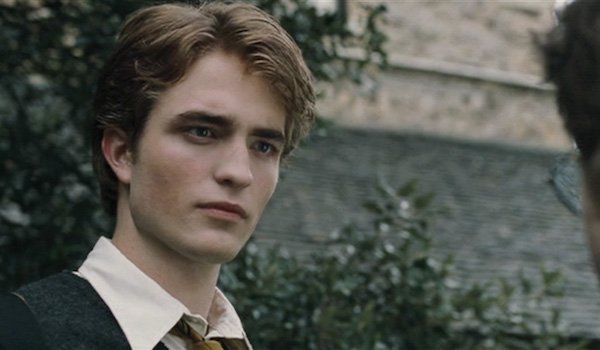
There are quite a few familiar surnames among the Ministers for Magic.
Perseus Parkinson, Eldritch Diggory, Albert Boot, Josephina Flint and Radolphus Lestrange all jumped out as sounding particularly familiar. Any relation to Pansy Parkinson, Cedric Diggory, Terry Boot, Marcus Flint and, um... Rodolphus Lestrange? Seems doubtful that the name similarity to modern Harry Potter characters is a coincidence, especially in the case of Rudolphus Lestrange (in office 1835-1841), who has a very similar name to the husband of Bellatrix Lestrange. There's no mention of any dark activity for Minister Lestrange, but he did try to close down the Department of Mysteries. Perseus Parkinson and Josephine Flint (possible ancestors to Slytherins Pansy and Marcus respectively?) both held anti-Muggle views. And Eldritch Diggory (possible relative to Cedric?) was apparently very popular, and also responsible for the Auror recruitment program.
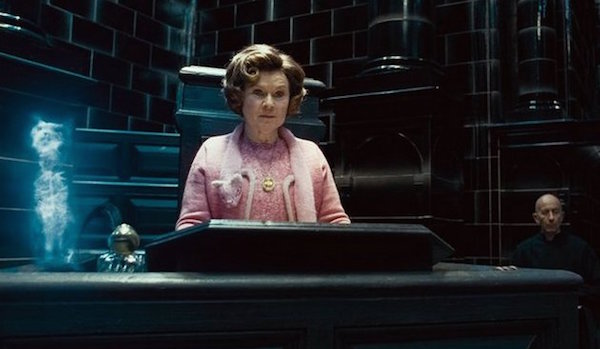
Dolores Umbridge was ashamed of her family.
Dolores Umbridge wasn't exactly known for being tolerant of Muggle-borns, having headed up the Muggle-Born Registration Commission. As it turns out, while her father was a wizard, her mother was a muggle and her brother was a squib. Dolores' intolerance apparently extended to her own family, as Rowling says she blamed her mother for her brother's lack of magical ability. Mom and brother took off and Umbridge never talked to her again. She also bribed her father into retiring from his lowly janitorial duties at the MoM so that she could go about working there while happily denying any relation to him as well. Keep it classy, Umbridge!
She's awful.
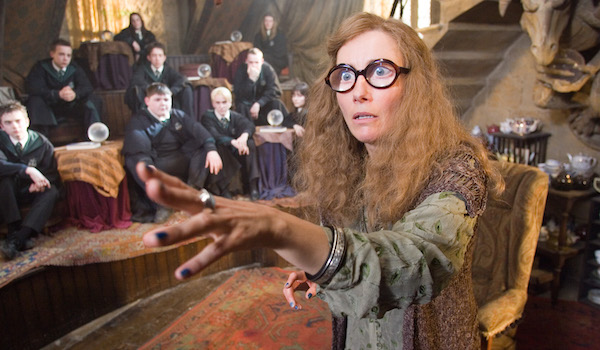
Hiring a Naming Seer is costly and probably a bad idea.
If there's one thing the Harry Potter books have demonstrated, it's that Divination is a very uncertain subject. But it does have its place in magical society. That includes Naming Seers, which apparently sell predictions of a child's future in exchange for "a hefty payment of gold." And they'll also name your kid. From the sound of it though, this is an old wizarding practice and one most modern wizard parents would rather skip if it means not having to freak out over the negative predictions their child's Naming Seer might share.
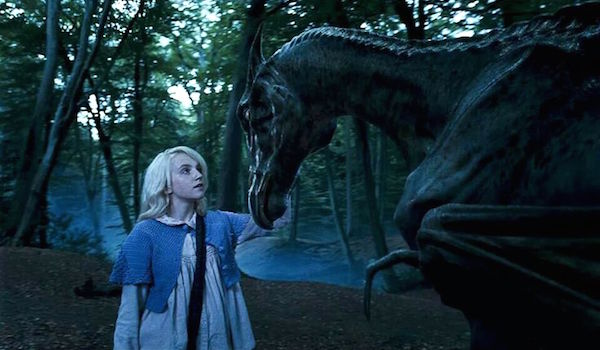
Luna Lovegood could see Thestrals when she was very young because she's especially awesome.
Ok, technically, that's my interpretation of Rowling's explanation for why Luna could see thestrals after witnessing her mother's death. What Rowling specifically says in the "Thestrals" passage is that Luna Lovegood is able to see Thestrals soon after her mother's death because she's intuitive, spirital and unafraid of the afterlife. (So, as I said, awesome.) Though Harry technically witnessed his mother's death, he was too young to process the ordeal enough to be able to see thestrals. And it took weeks for him to come to grips with the reality of Cedric Diggory's death enough to see the Thestrals when he arrived at Hogwarts for his fifth year.
Added tidbit: Rowling says Thestrals are "emblematic of a journey to another dimension" and though they're native to the UK, other parts of the world have their own equivalent to these mysterious creatures.
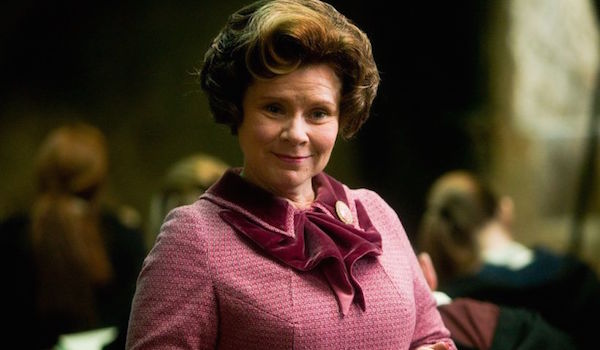
One of J.K. Rowling's teachers inspired aspects of Dolores Umbridge
After breaking down Dolores Umbridge's back-story, Rowling shares some interesting insights into the creation of the character, who was inspired, in part, by a teacher (or instructor) the author once had and didn't get along with. Rowling is clear that this woman wasn't sadistic or vicious the way Umbridge is, and as far as she knows, the teacher doesn't share Umbridge's level of intolerance. But Rowling did "borrow from her, then grossly exaggerated" in the case of the girlish way Umbridge dressed, including her preference for hair bows.
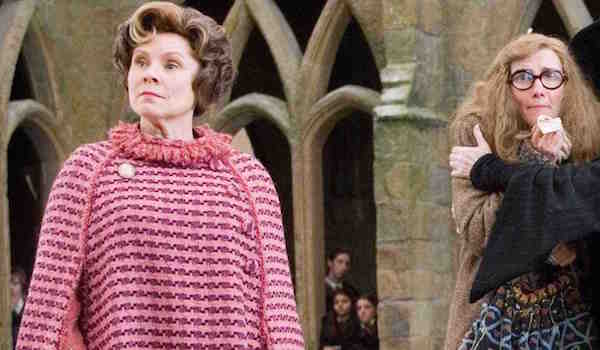
Dolores Umbridge never married but Professor Trelawney did (temporarily).
Though she was willing to deny her own family, marriage wasn't off the table for Dolores Umbridge. Apparently, she tried very hard to "secure the affections of one of her superiors," to no avail. It sounds like she was as unlikable to the men she pursued as she is to us.
Professor Trelawney once had a husband. But the marriage fell apart after she refused to take her husband's last name (Higglebottom). Who saw that coming? And is it safe to assume the last-name issue stems from Trelawney's referenced efforts to gain Divination work by banking on her family name -- she's the great-great granddaughter of a famous Seer named Cassandra Trelawney.
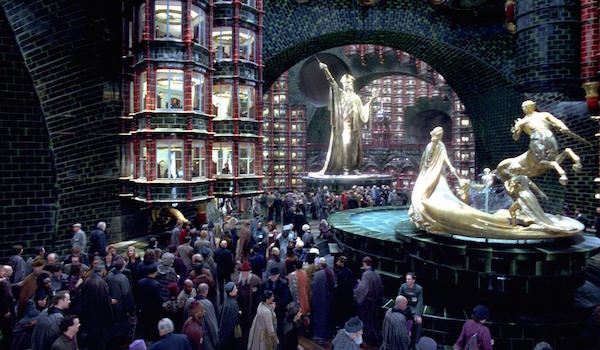
Historical muggle events impacted the Wizarding world.
The above statement is likely to be assumed, but I still find it legitimately fascinating when there are references to what was going on in the wizarding community during major muggle events. The "Ministers for Magic" passage includes some interesting references to muggle historical events, including Minister Leonard Spencer-Moon's good working relationship with Winston Churchill during his term throughout the 1940s. And MfM Evangeline Orpington is said to have "intervened magically (and illegally) in the Crimean War." Meanwhile, during the first World War, MfM Archer Evermonde had to pass emergency legislation to keep the wizarding community from getting involved and risking "mass infractions of the International Statute of Secrecy."
(Can we please have a History of Magic book?)
Kelly joined CinemaBlend as a freelance TV news writer in 2006 and went on to serve as the site’s TV Editor before moving over to other roles on the site. At present, she’s an Assistant Managing Editor who spends much of her time brainstorming and editing feature content on the site. She an expert in all things Harry Potter, books from a variety of genres (sci-fi, mystery, horror, YA, drama, romance -- anything with a great story and interesting characters.), watching Big Brother, frequently rewatching The Office, listening to Taylor Swift, and playing The Sims.
I Rewatched Brokeback Mountain, And All These Years Later, I'm Still Upset That It Didn't Win Best Picture. Here's Why.
'I Didn't Say That': Tom Hardy Clarifies Venom And Spider-Man Crossover Comments
Looks Like Rick And Morty Is Bringing A Beloved Concept Back In Season 8, Or At Least I'm Desperately Hoping That's The Case

